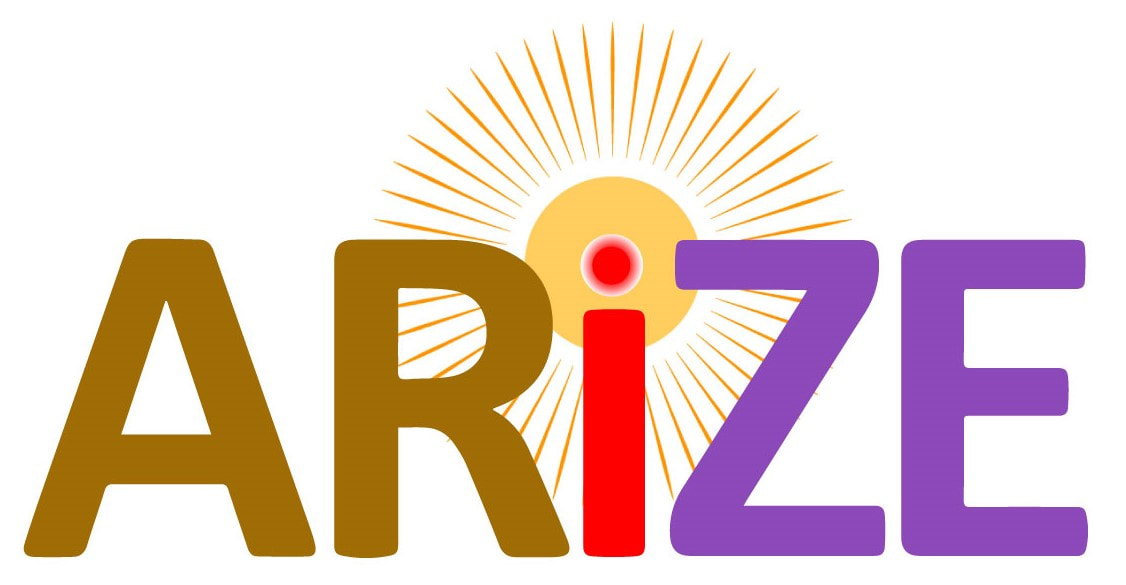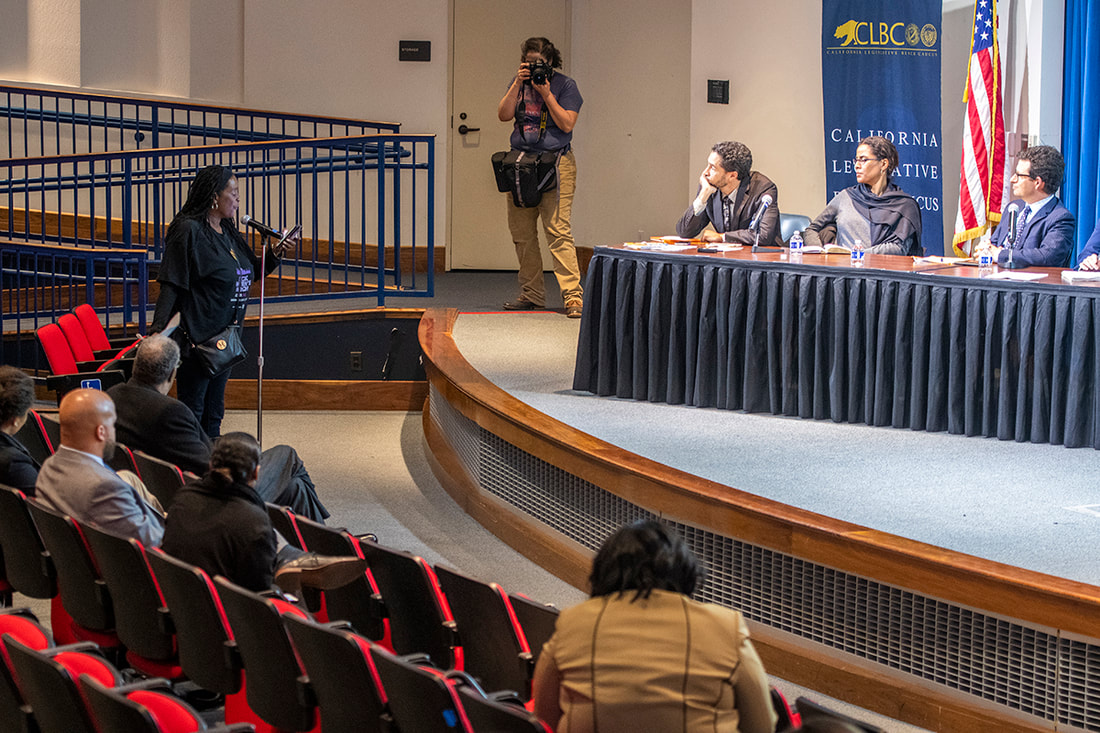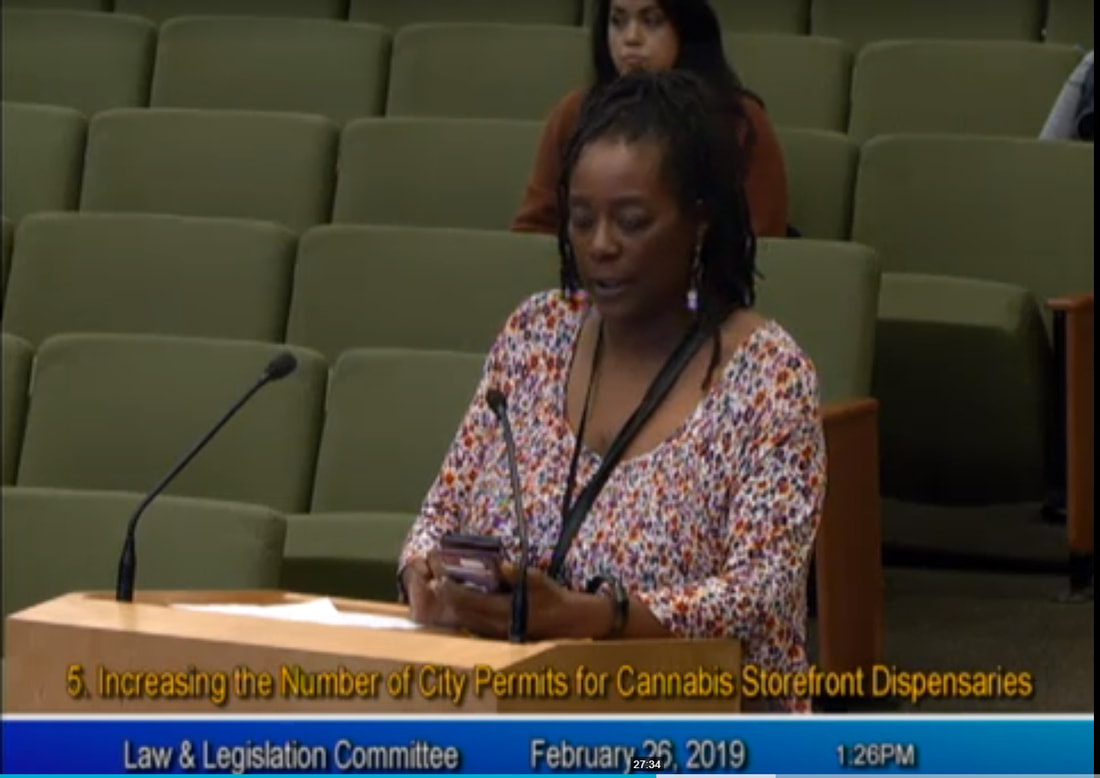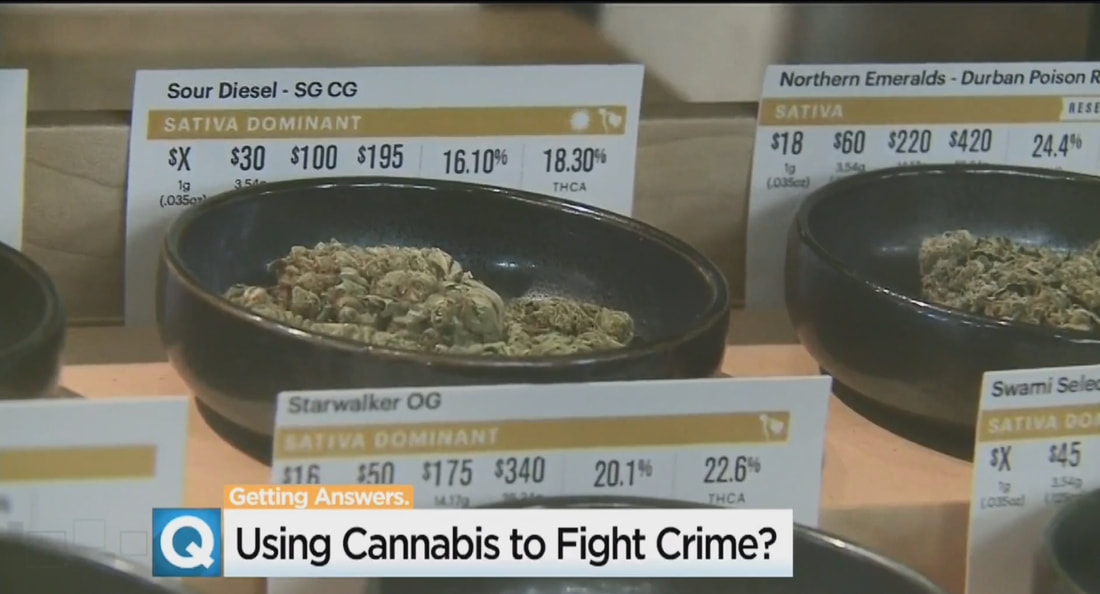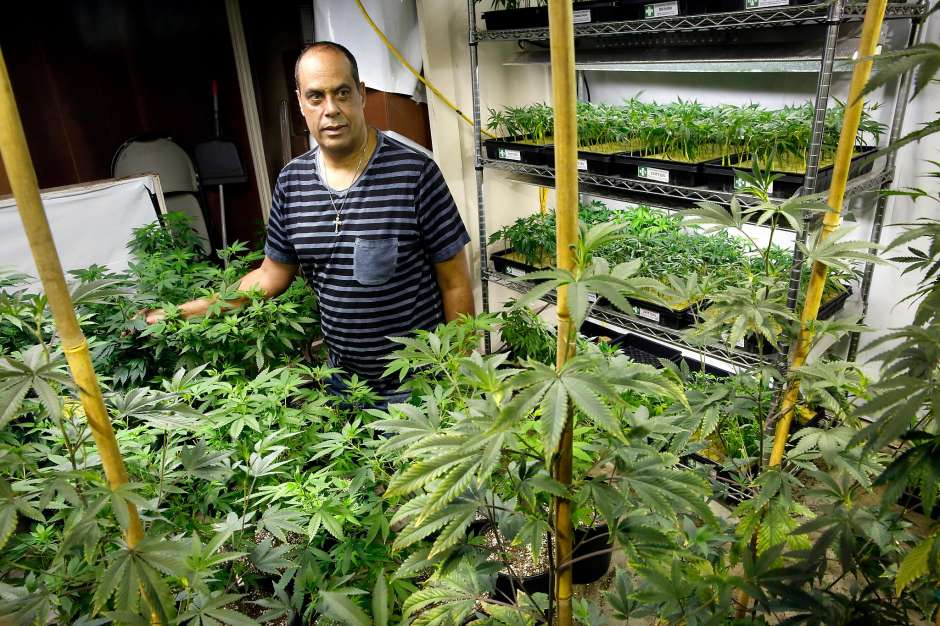IN THE NEWS: ISSUES IMPACTING COMMUNITY ECONOMIC DEVELOPMENT |
IN THE NEWS: ISSUES IMPACTING RACIAL & HEALTH EQUITY IN MARIJUANA POLICY |
The Impact of Proposition 47 on Crime and Recidivism(PUBLIC POLICY INSTITUTE OF CALIFORNIA)
Passed by voters in November 2014, Proposition 47 brought broad and significant changes to California’s criminal justice system. Undertaken in the wake of public safety realignment in 2011, Proposition 47 reduced the penalties for certain lower-level drug and property offenses and represented a further step in prioritizing prison and jail space for higher-level offenders. The policy has sparked continued debate around two key questions:
|
LEGISLATIVE BLACK CAUCUS PRESENTS “STATE OF BLACK CALIFORNIA"
SACRAMENTO (CA) - California Urban Partnership had the honor of attending the California Legislative Black Caucus’ (CLBC) event, “The State of Black California.” This exciting CLBC event began with a dynamic presentation about the importance of childhood trauma screening from the Surgeon General of California, Dr. Nadine Burke Harris.
SACRAMENTO DELAYS APPROVING BLACK OWNED MARIJUANA STORES
SACRAMENTO (CA) - California Urban Partnership staff attended the City of Sacramento’s Law and Legislation Committee hearing on (DATE). In a non-vote discussion item, committee members talked about including Drug War impacted entrepreneurs among the current limit of 30 retail marijuana business license holders in the City. None of the current 30 weed stores are Black owned, as current license holders continue to strengthen their position in the market.
CBS SACRAMENTO: Sacramento Program To Help Ex-Felons Break Into California’s Booming Pot Business City leaders think they have a new tool to fight crime and drug violence in underserved communities cannabis.The city plans to waive permit fees for former drug offenders looking to get into the booming pot business, but bringing more drugs into communities impacted by the “war on drugs” isn’t something everyone can swallow.
SF CHRONICLE: Oakland’s marijuana equity program is hurting those it was supposed to helpThat’s because he doesn’t yet have space to grow his clone plants.
Oakland reserved half of its cannabis permits for applicants like Bronson, a black man who’s been cultivating cannabis for more than 30 years. As a teen, Bronson sold weed to his Berkeley High School classmates, but he was hoping that Oakland’s equity program would help launch a successful, sustainable business. |


